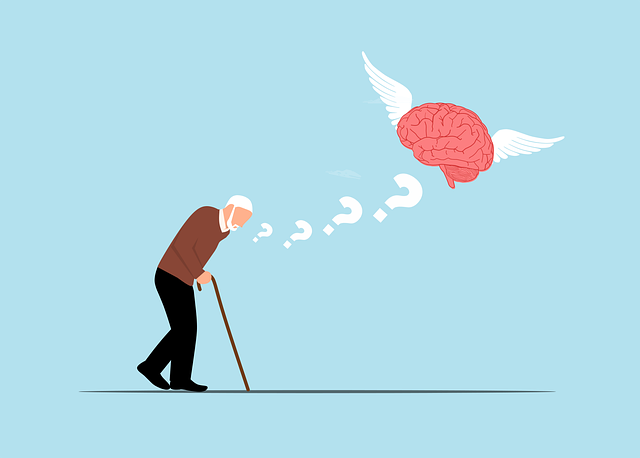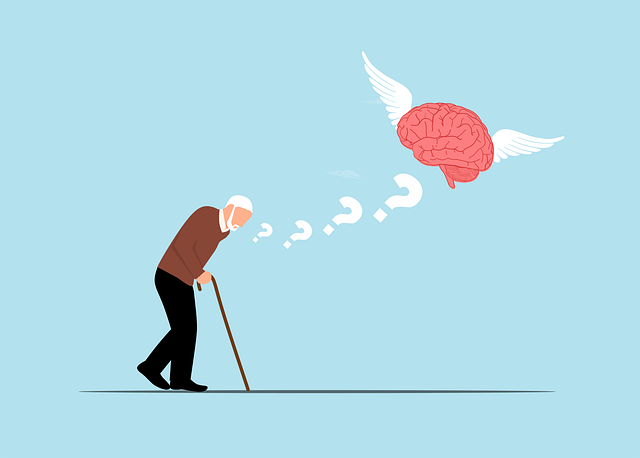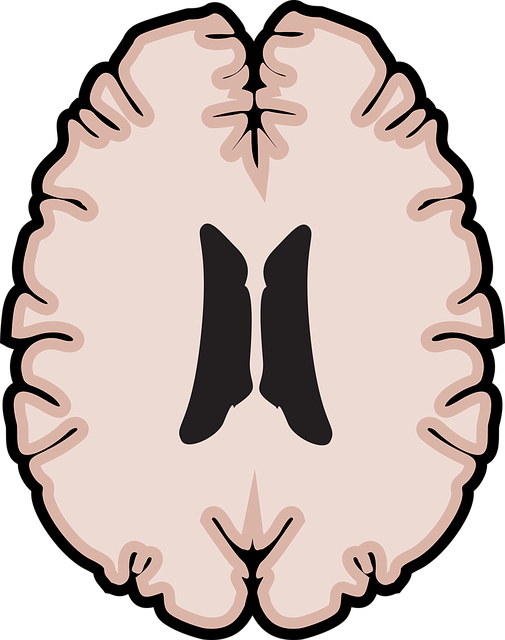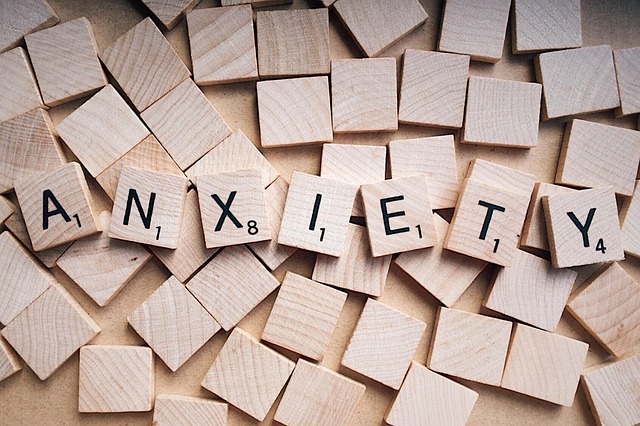In Northglenn, Colorado, access to comprehensive Northglenn ADD-ADHD evaluations therapy enables mental health professionals to guide individuals in adopting positive thinking strategies. Through tailored interventions, including goal setting, mindfulness practices, and trauma support, clients improve focus, impulsivity management, and emotional regulation. Regular evaluations track progress and adjust treatment plans, fostering resilience and emotional intelligence for effective long-term mental well-being management.
Positive thinking exercises offer a transformative approach to managing Attention Deficit Disorder with Hyperactivity (ADD) and Attention Deficit Hyperactivity Disorder (ADHD). This article explores the profound impact of cultivating optimism on individuals with ADD-ADHD, providing practical strategies for implementation in Northglenn therapy sessions. By identifying personal goals, incorporating daily routines, and measuring progress through Northglenn ADD-ADHD evaluations, therapists can guide clients towards sustained positive mindset changes that enhance overall well-being.
- Understanding Positive Thinking and Its Impact on ADD-ADHD
- Identifying Individual Goals for Positive Thinking Exercises
- Practical Implementation Strategies in Northglenn Therapy Sessions
- Incorporating Daily Routines for Sustained Positive Mindset Change
- Measuring Progress and Celebrating Success in ADD-ADHD Evaluations
Understanding Positive Thinking and Its Impact on ADD-ADHD

Positive thinking, a powerful tool in mental health management, has been shown to significantly impact individuals with Attention Deficit Hyperactivity Disorder (ADHD) or ADD. This approach focuses on cultivating optimistic and constructive thoughts, which can help counterbalance the challenges presented by ADHD symptoms. By encouraging positive self-talk, reframing negative thoughts, and fostering a mindset of resilience, people with ADD-ADHD can enhance their ability to concentrate, manage impulsivity, and regulate emotions effectively.
In Northglenn, Colorado, where ADD-ADHD evaluations and therapy services are readily available, mental health professionals play a crucial role in guiding individuals towards positive thinking exercises. These strategies often involve building empathy within the therapeutic relationship, enhancing emotional intelligence, and utilizing risk assessment tools to tailor interventions for each client’s unique needs. Through these means, professionals empower their clients to transform their perspectives, leading to improved overall well-being and quality of life.
Identifying Individual Goals for Positive Thinking Exercises

Setting individual goals is a crucial step in implementing positive thinking exercises. This process allows each person to tailor their journey towards mental well-being. Goals could range from learning specific coping skills for managing stress and anxiety, to boosting confidence and self-esteem. For individuals in Northglenn seeking ADD-ADHD evaluations and therapy, these exercises can be particularly beneficial. By setting achievable milestones, whether it’s practicing gratitude daily or adopting a positive affirmation routine, one can gradually transform their mindset.
The ultimate aim might be to integrate positive thinking into daily life, leading to smoother emotional healing processes. This personalized approach ensures that the exercises align with each person’s unique needs and aspirations, fostering a sense of control and progress in their mental health journey.
Practical Implementation Strategies in Northglenn Therapy Sessions

In Northglenn therapy sessions, practical implementation strategies for positive thinking exercises focus on tailoring approaches to individual needs. Therapists skilled in Northglenn ADD-ADHD evaluations employ a variety of techniques to foster mental well-being. These include mindfulness practices that help clients cultivate gratitude and reframe negative thoughts. By integrating self-care practices into daily routines, patients learn to manage stress and enhance their overall resilience.
Trauma support services play a crucial role in these sessions, as many individuals struggling with positive thinking have experienced past traumas that can impact their present mental health. Therapists utilize evidence-based methods to address these issues, contributing to Mental Illness Stigma Reduction Efforts. Through consistent practice, clients develop coping mechanisms that not only improve their mood but also promote healthier relationships and increased productivity in daily life.
Incorporating Daily Routines for Sustained Positive Mindset Change

Incorporating daily routines is a powerful strategy to sustain and deepen positive mindset changes over time. This involves setting aside dedicated moments each day for practices that promote positivity, such as gratitude journaling or mindful meditation. By turning these activities into consistent habits, individuals can create a strong foundation for emotional well-being. Northglenn ADD-ADHD evaluations and therapy often emphasize the importance of routines in managing symptoms and improving quality of life.
Empathy building strategies and stress management workshops within organizations highlight the interconnectedness of positive thinking with overall productivity and team dynamics. Regularly engaging in these practices can foster a supportive inner environment, making it easier to navigate challenges and maintain a resilient, optimistic outlook. This approach ensures that individuals not only experience short-term benefits but also develop long-lasting coping mechanisms for stress management.
Measuring Progress and Celebrating Success in ADD-ADHD Evaluations

Measuring progress and celebrating success are integral parts of Northglenn ADD-ADHD evaluations therapy. It’s not just about identifying challenges, but also tracking improvements in focus, organization, and emotional regulation. Therapists often employ standardized assessment tools to quantify these gains, ensuring that strategies are effective and tailored to each individual’s needs. By regularly evaluating progress, therapists can adjust treatment plans, incorporate new communication strategies, and enhance overall well-being.
This process empowers individuals with ADD/ADHD to visualize their achievements and build resilience. Celebrating small victories fosters emotional intelligence, teaching individuals to recognize and appreciate their efforts and accomplishments. Moreover, it encourages a positive feedback loop, reinforcing the effectiveness of adopted coping mechanisms and communication strategies. This approach not only enhances mental health but also prepares individuals for managing future challenges in a supportive environment.
Positive thinking exercises, tailored through Northglenn therapy sessions and incorporated into daily routines, offer a powerful tool for managing ADD-ADHD. By setting individual goals and measuring progress through comprehensive Northglenn ADD-ADHD evaluations, individuals can achieve lasting mindset shifts that enhance their overall well-being. This holistic approach to therapy empowers folks to navigate life’s challenges with greater resilience and optimism.









